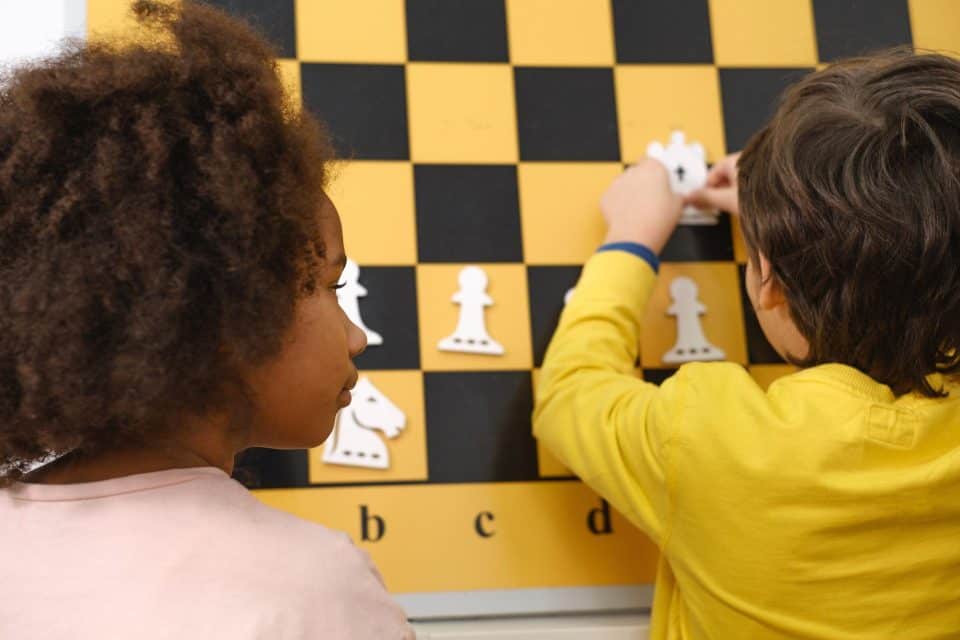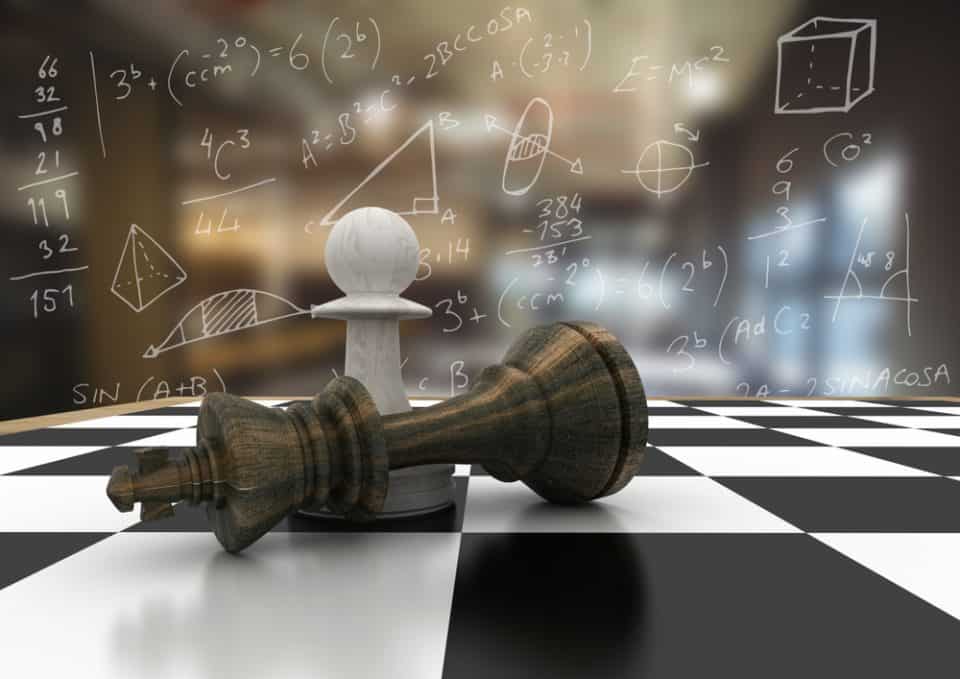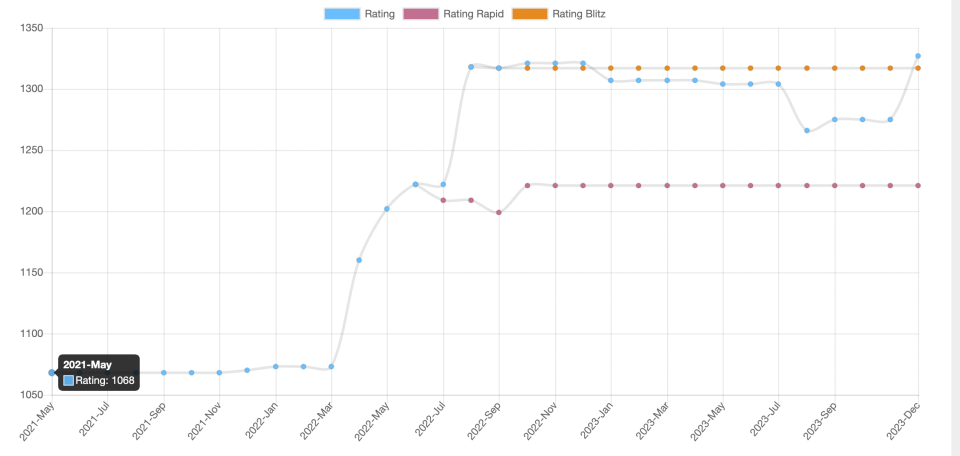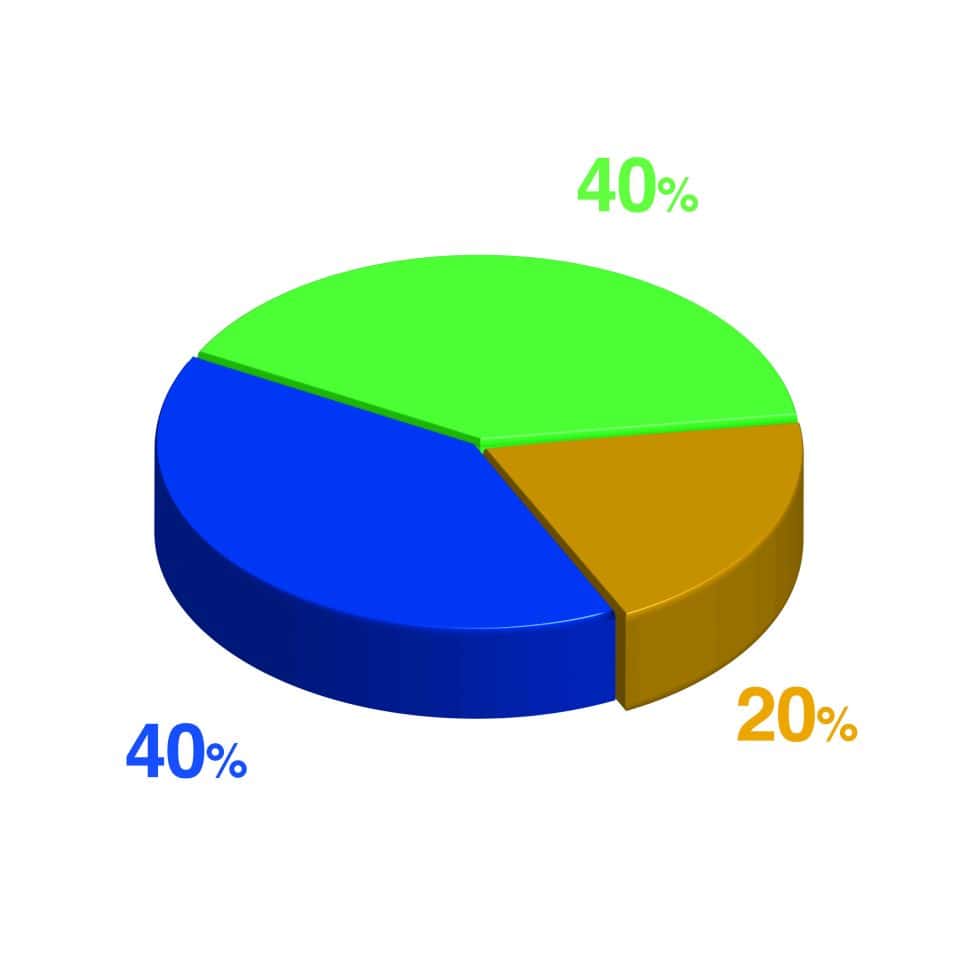We get you. Honestly, we do.
Playing chess can sometimes make you feel like literally tearing your hair out.
Talk about the never-ending tactics, thousands of traps to watch out for, dozens of plans and variations you need to constantly calculate, the horror of watching as your opponent sucks the life out of your position leaving you helpless…
What makes the game so difficult?
First Thing To Know
Chess is a highly complex game.
Wish we could mince our words here but we can’t because the above statement is absolutely true.
Chess is a game that has a lot of depth and subtlety. According to estimates, there are more possible chess games than there are atoms in the observable universe.
That’s actually crazy if you think about it.
A game that assumes this level of complexity automatically require a lot of mental calculation, memory, and creativity to find the best moves and strategies.
Apart from the fact that it takes a lot of time and effort to master, chess players also have to deal with the psychological aspects of the game, such as confidence, motivation, time pressure, and emotions.
No wonder, people shy away from playing chess and while some see chess players as noble individuals, some others see them as nerds because who spends their time learning such a complex game?
What Else You Should Know
We’ve agreed that chess can look terrifying but does that mean we should throw our chessboards out the window? Of course not.
Be optimistic and look on the good side.
Believe it or not, the current world champion, Ding Liren was once a beginner who didn’t even understand how the chess pieces moved until he devoted time to learning and studying.
In the same vein, you can actually master chess only if you devote yourself to studying it.
There’s a reason why chess is respected so much and that’s because the average person out there believes that anyone who knows how to handle the chess pieces on a board has a high IQ.
To some extent, they’re not wrong. Chess actually improves your cognitive skills, such as memory, concentration, logic, problem-solving, creativity, and critical thinking.
When you devote time to study chess, you begin to learn social values like communication, cooperation, sportsmanship, and respect, and understand that chess is actually an enriching game.
So, What Should You Do Now?
First of all, understand that chess can be mastered. It may take you months or years but you can actually be a guru at the game.
If you want to get better at chess immediately, here are some tips and resources that can help you:
Learn the rules and the basic principles of chess
You can’t go far if you don’t understand the rules and principles that makes up a chess game.
You can start by studying chess books for beginners, watching beginner-friendly videos or getting someone to coach you.
Practice playing chess regularly
The best way to improve is to constantly train and practice your chess. Regular practice breeds mastery and excellence.
You can practice either online or offline. Online, you get to play chess against the computer or other players from every part of the world, with different levels of difficulty and time controls.
If you happen to have a friend that’s stronger than you in chess, you should train, play and analyze your games with them. This has multiple benefits.
They not only help you understand concepts like chess tactics or strategy faster, they also study your game to give you practical recommendations on how you can actually improve.
Study chess theory and tactics
If you’re new to chess, it’s definite that you’ll fall to a lot of tactics like pins, skewers, forks etc. Tactics makes up like 99% of the game.
This is why you need to take out time to improve your knowledge of chess theory and tactics. You can start out by observing the classic games and lessons of the best chess players in history.
Then you also solve chess puzzles and problems to sharpen your skills and test your knowledge.
ChessForSharks provides a lot of helpful resources to grow your knowledge of chess theory so if you’re new here, we recommend hanging around to read our free and up-to-date informative posts.
We have some resources regarding chess tactics and puzzles. Check them out here:
- Understanding These 12 Chess Tactics Will Make Chess Easy
- 5 Of The Best Chess Puzzles Out There (What We Love)
- How To Play Chess For Beginners: Learn Rules, Moves, Setup, Efficient Tactics & Strategy
Join a chess club or community
It’s easy to be overwhelmed when you have no idea of what you’re doing.
Are you getting the pawn moves right? Are you castling correctly?
You’ll have your doubts cleared when you find other chess enthusiasts in your local chess club that’s willing to give you needed support and feedback.
You can also participate in their chess events and competitions gaining experiences that’ll be forever useful.
Concluding Thoughts
Don’t get too caught up in trying to improve your game that you begin to actually lose interest.
Remember that chess is for fun. We know you probably want to take revenge on that your friend…and you will.
Just enjoy the game, follow the practical steps outlined above and give yourself time to grow.
We recommend these related resources for further study:






join the conversation